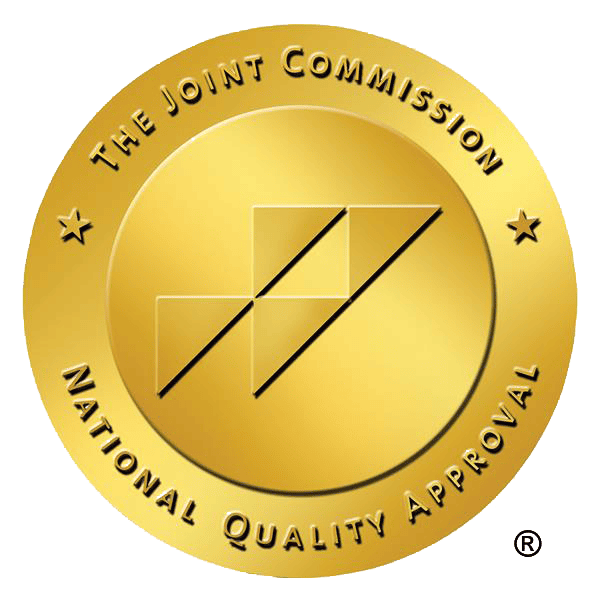Meth is a highly addictive and powerful drug that can cause psychological and mental health damage the longer it is used. The drug alters how the brain processes information, emotional responses, and behaviors.
One of the most severe psychological effects meth causes is called meth psychosis. People experiencing meth psychosis often behave like those with paranoid schizophrenia.
What Is Meth Psychosis?
People who have friends and family addicted to meth often want to wonder, what is meth psychosis?
Meth psychosis is a psychological response experienced from repeated meth use. This condition can cause people to experience paranoia and hallucinations, as well as become delusional. People can no longer determine what is real and what is not.
Some people also become aggressive and violent because they feel like they have lost control of their bodies. They can become dangerous to themselves and those around them. Those under the effects of meth psychosis can also drink alcohol and use other illicit substances.
How Does Meth Psychosis Occur?
Meth psychosis can occur for different reasons and vary from person to person. In some cases, this condition occurs as a result of long-term meth use and addiction. For others, it could occur from using higher doses of meth than they are used to taking. Another contributing factor is people with a family history of mental health disorders. Additionally, people with unresolved traumas are at higher risk of meth psychosis.
Initially, individuals can experience warning signs that they are developing this condition. One warning sign is experiencing hallucinations from meth. Hallucinations are seeing or hearing things that are not there. Another warning sign is becoming delusional. One might view normal events as meaning something greater. They might believe they are being watched or followed.
If these warning signs are ignored and meth use continues, there is a high probability they will start experiencing periods of meth psychosis. However, not everyone will get warning signs. Some people can experience a full-blown psychotic episode the first time they use meth. This can occur even when there is no family history or unresolved trauma.
Furthermore, some people can experience meth psychosis after quitting meth. It could occur during supervised detox, or an episode may not occur for months or even years after being sober. People can also experience episodes spontaneously from triggers or if they relapse. There is no set pattern when it comes to this condition, who will experience it, and when.
How Long Does Meth Psychosis Last?
How long does meth psychosis last depends on various factors, such as the duration and frequency of meth use and the dosage taken. Pre-existing or current mental health issues can also contribute to the duration.
Usually, people will enter a psychotic state from meth and remain in it for several hours. Once their meth psychosis and high wears off, if they use more meth, they could trigger another psychotic episode. Some people remain in the psychosis for weeks or even months from ongoing meth use.
Signs of Meth Psychosis
Meth psychosis symptoms and signs can vary depending on the intensity of the psychotic episode. Some people may be talking to someone they are hallucinating. They can also speak rapidly and move from one subject to the next in disorganized patterns. People can even become argumentative and violent for no specific reason.
Other meth psychosis symptoms and signs include:
- Becoming delusional
- Feeling paranoid
- Hallucinating
- Confusion
- Irritated and agitated
- Irrational behaviors
- Increased risk-taking behaviors
- Unpredictable behaviors
- Becoming hostile, aggressive, and violent with no warning
- Being on edge
- Experiencing “meth mites”
Hallucinations from Meth
There are several different hallucinations from meth people can experience, even when they are not having a meth psychosis episode, such as:
- Visual hallucinations: People will see things that are not really there. Meth mites are a type of visual hallucination when people believe they are seeing bugs crawling under their skin.
- Tactile hallucinations: This type of hallucination is when people experience different sensations on various parts of their body that are not really occurring. Meth mites are also a tactile hallucination, as people can feel the bugs moving under their skin.
- Auditory hallucinations: People may hear sounds or voices that are not there.
- Olfactory hallucinations: People may smell different scents of things that are not there, like food scents.
Effects of Meth Psychosis
One of the effects of meth psychosis is increasing the risk of developing co-occurring mental health disorders, including schizophrenia. Another effect of repeat episodes is impaired cognitive functioning.
People also have difficulties maintaining relationships and employment from continued episodes. Long-term physical impacts can include meth mouth, open wounds and sores, and increased risk of cardiovascular diseases.
Treatment
Meth psychosis treatment involves treating the psychotic episode first to help the person stabilize. This can involve using antipsychotic and antianxiety medications. As the person recovers from their episode, various forms of therapy can be used to help address delusions and continued hallucinations.
After their psychosis is over, the next step in the treatment process is medically supervised detox followed by comprehensive addiction treatment.
Start Recovery in Houston Today
Recovery from meth psychosis is possible with help from the Prairie Recovery Center in Houston. Our caring and compassionate team provides comprehensive addiction treatment plans customized to your specific needs. Let us help you find your path back to reality and overcome your meth addiction.
Contact us today to start your journey to a brighter, meth-free future.









